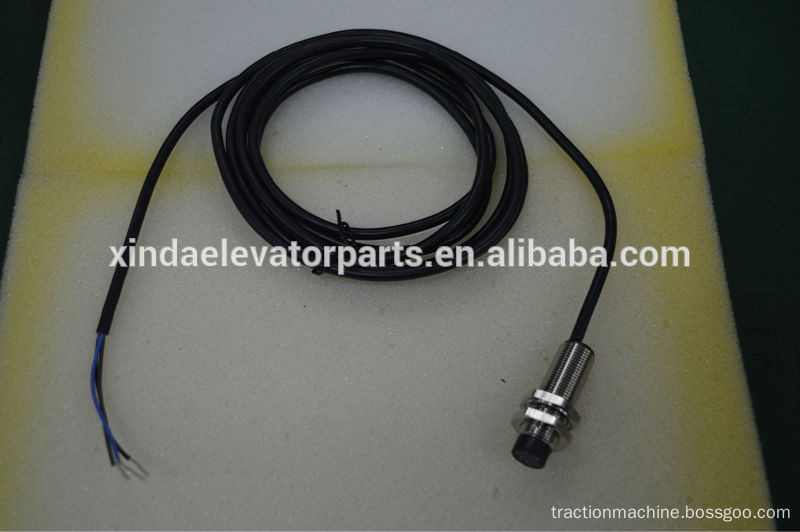According to a report from The Physicist Organization.com, researchers from Arizona State University in the United States have introduced a groundbreaking approach suggesting that nanoelectronics technology could significantly enhance solar cell performance. By making solar cells thinner and more efficient, this innovation could also boost the capacity of energy storage systems, ultimately improving the overall efficiency of solar power technologies. This research was first presented at the 16th Annual Conference of the American Association for the Advancement of Science (AAAS) in Chicago on February 16.
Stephen, a professor at Arizona State University's School of Electrical, Computer and Energy Engineering, delivered a presentation titled "The Next Generation of Photovoltaic Pathways." In his talk, he emphasized how advancements in nanoelectronics can drive innovation in photovoltaic (PV) technology, leading to significant improvements in the ability to convert light into electricity. He highlighted the transformative potential of nano-scale engineering in shaping the future of clean energy solutions.
Stephen pointed out that the progress in nanoelectronics is set to become a key driver in the development of next-generation renewable energy systems. He explained that recent developments in nanotechnology—especially those involving new manufacturing techniques and equipment—could make renewable energy technologies not only more efficient but also more affordable. This could accelerate the global shift toward sustainable energy sources.
In his research, Stephen is focusing on developing new devices based on nanostructures. These structures are designed to improve the efficiency of photovoltaic solar cells. According to him, the unique properties of materials at the nanoscale play a crucial role. For instance, silicon and other common materials used in solar cells can become more effective when engineered at such small scales, leading to greater energy output. "By using nanoparticles, we can enhance light absorption and capture more sunlight, converting it into electricity more effectively," he said. "Nanomaterials allow us to create thinner, more efficient solar cells, while also improving energy storage capabilities. Nanotechnology will be one of the most important factors in the future of energy innovation."
Stephen’s presentation at the AAAS conference was part of a broader research initiative. His team includes four other scientists and engineers who are also working on advancing nanoelectronics and its applications in renewable energy. Together, they aim to push the boundaries of what is possible in the field of sustainable power generation and energy storage.
Product
- XS230BLNAL2C Approach switch for escalator step escalator electric spare part
- XS218BLNAL2C Approach switch for escalator main machine escalator electric spare part
- XS212BLNAL2C Approach switch for escalator handrail escalator electric spare part
Specifications
- Sensitive & accurate
- Long life & stable
- With CE certificate

Escalator Sensor Switch, Escalator Sensors and Switches, Sensor Switch for Step Escalator, Sensitive Sensor and Switch
Ningbo Xinda Elevator Traction Technology Co., Ltd. , https://www.xinda-elevator.com
